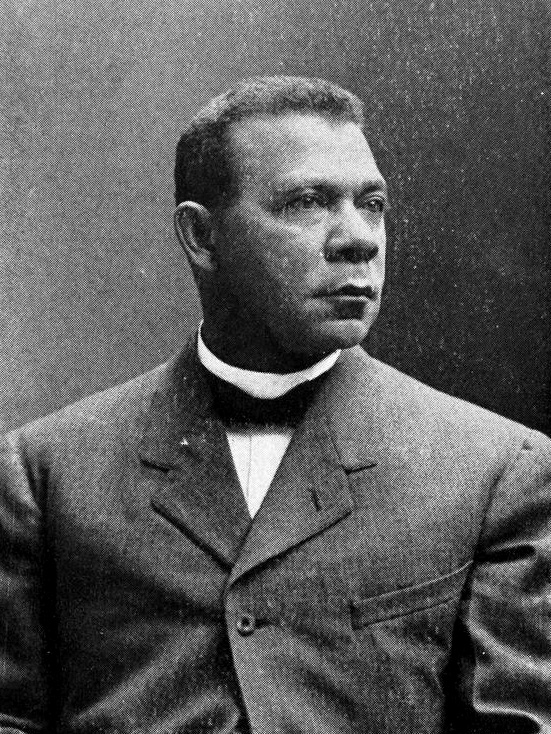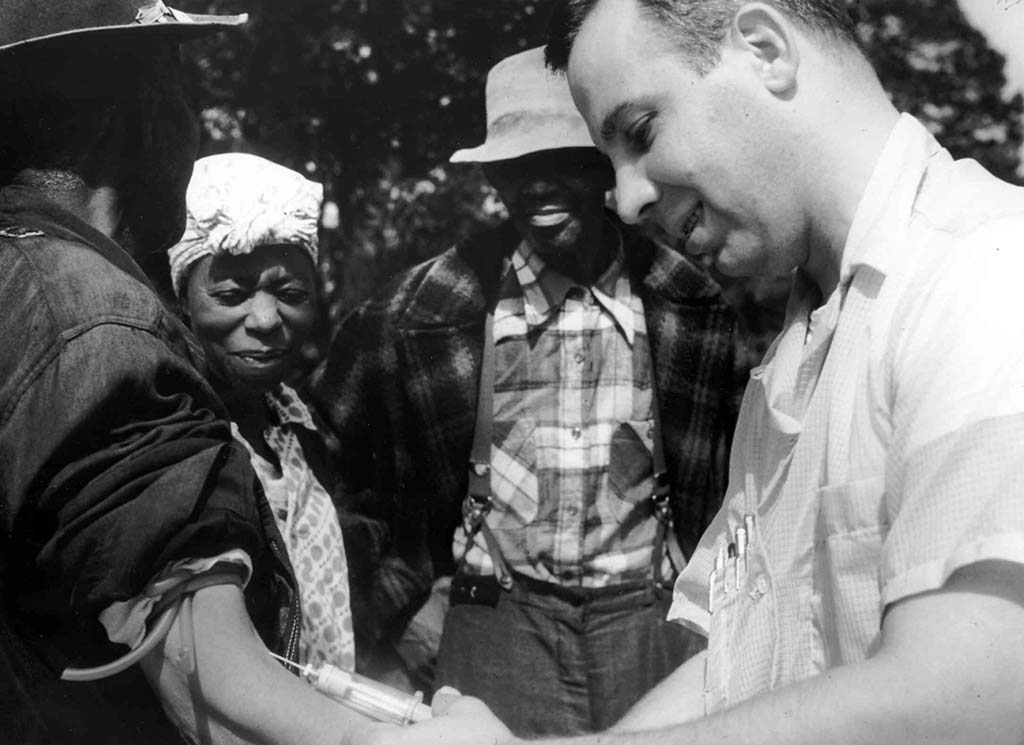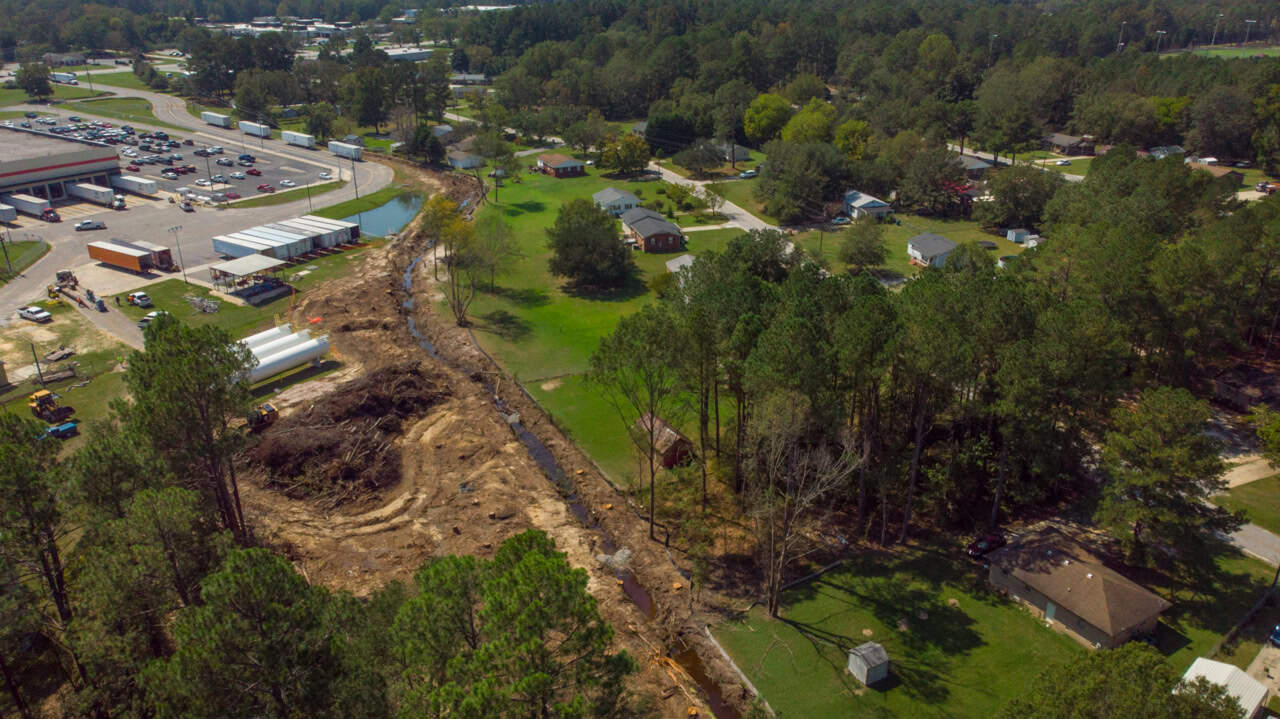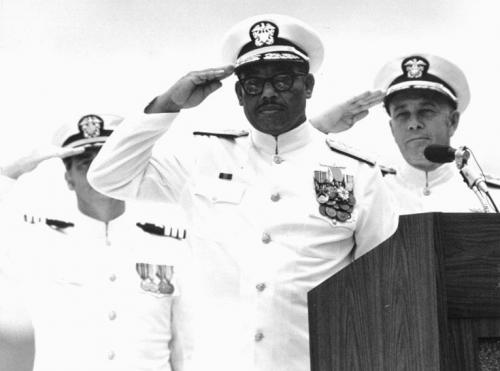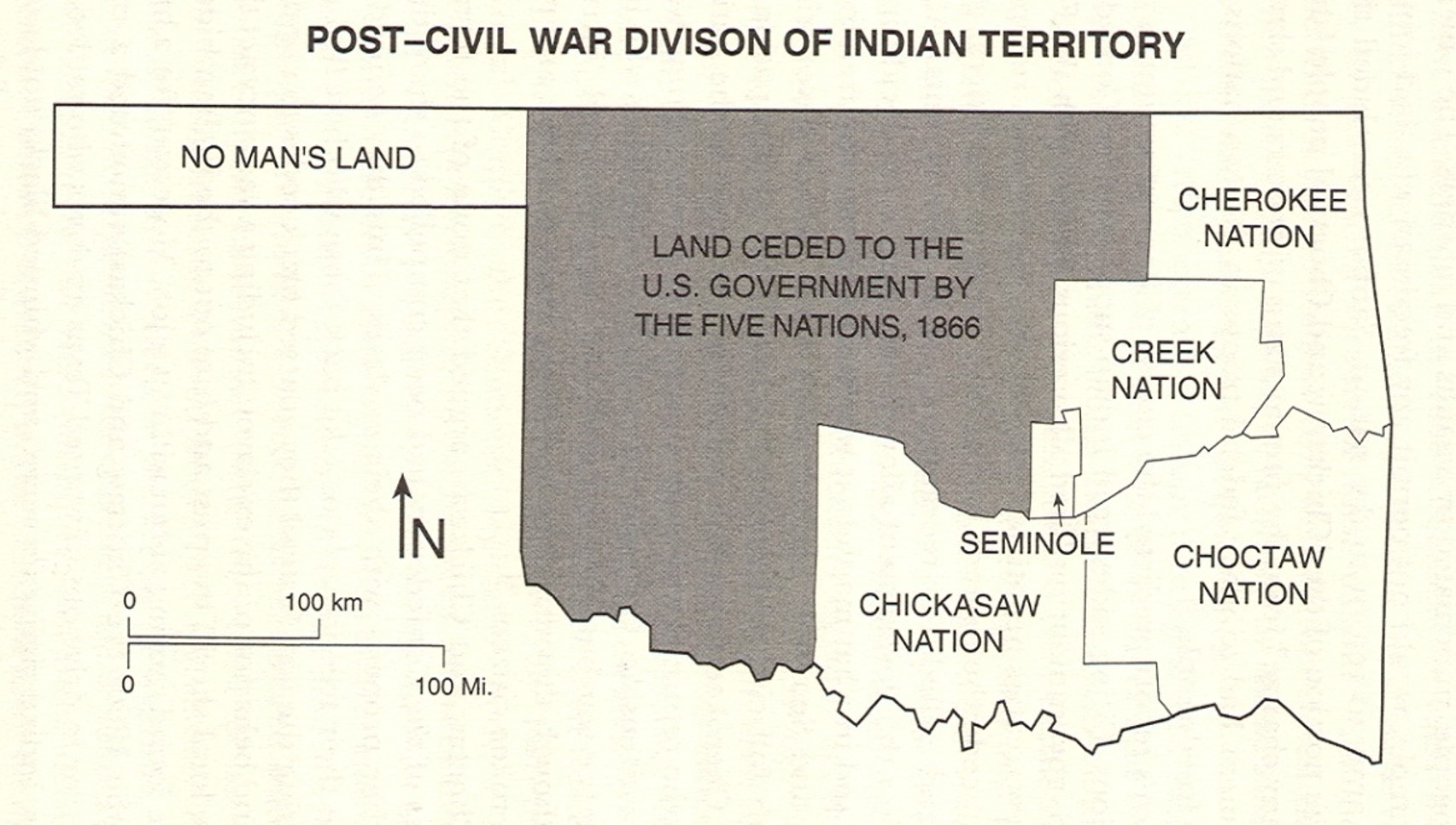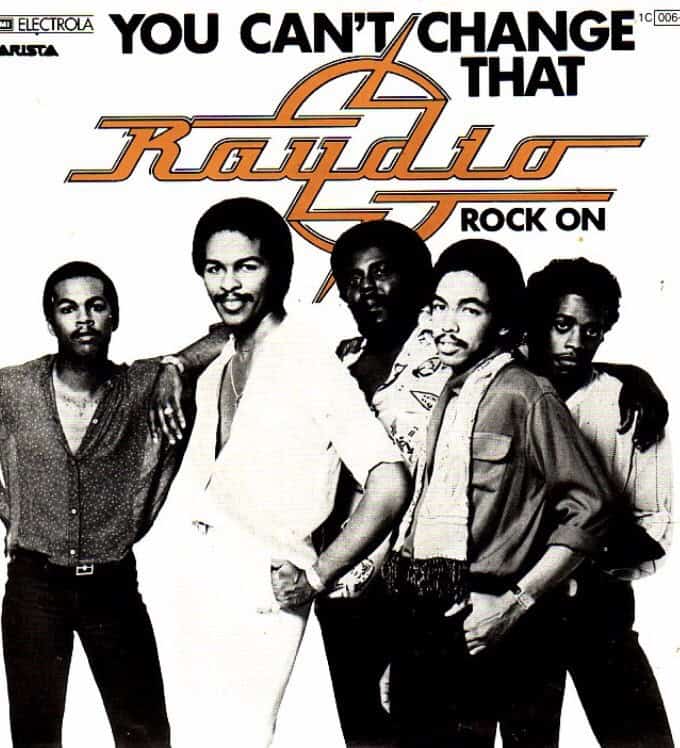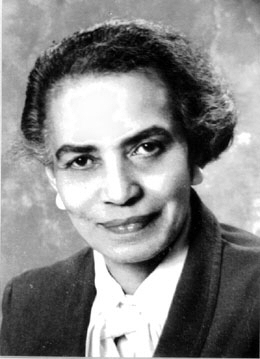An unusual incidence of interracial solidarity between blacks and Asian Americans occurred during Booker T. Washington’s visit to Seattle. In March 1913, Washington embarked on a national speaking tour in order to raise money for Tuskegee Institute, the chronically underfunded “Normal and Industrial School” in Alabama over whose fortunes he had presided since its founding in 1881. Washington’s barnstorming tours combined the racial uplift theme for African Americans and appeals to whites that had made Washington the most famous and powerful black man in America. His presentations usually began with a 3-reel motion picture presenting a cast of “Three thousand Tuskegee students.” Between the reels an octet of students would sing Negro spirituals and “folklore” songs. Washington would then cap the evening with a speech.
After leaving the South on his tour, Washington turned toward the Pacific Northwest, and spent a week visiting Montana, Idaho, Washington, and Oregon. As he explained in weekly dispatches he sent the Chicago Defender, he had never visited the region before and was interested in the life of African Americans there. Impressed by the size of the country—he noted that one county of Montana was larger than the entire state of Massachusetts—he noted that the small clusters of blacks scattered through the region had limited economic and social prospects.
When the “Wizard of Tuskegee” arrived in Seattle, he discovered that local Japanese American businessmen and civic leaders had organized a reception, which some 400 people attended, to welcome him to the city. After various local leaders had offered greetings to Washington, the Japanese consul in Seattle climaxed the meeting by announcing that the community had raised funds to provide a scholarship for a Tuskegee student. That evening, Washington delivered a lecture at the University of Washington before an interracial audience of 4,000 people. Wishing not to be “behind the Japanese,” local African Americans organized to create their own scholarship for Tuskegee.
In his dispatches to the Defender, Washington expressed great praise for Seattle, where conditions for blacks were better and the community included “some mighty thrifty, ambitious, and successful individuals.” He did not choose to mention the Japanese community or its unexpected gesture of support, and restricted his comments on Japanese Americans to praise for the Japanese waiters he found in hotels. “The Negro waiter and porter in the hotel have to compete with the Japanese and it is a pretty hard job. The Japanese are steady, reliable, sober, and always on the job.”

